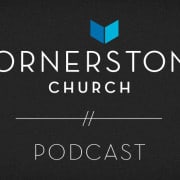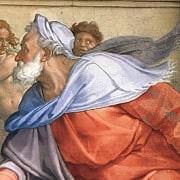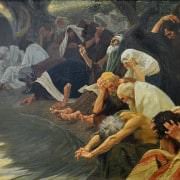The book of Joel
It may come as a surprise that Joel features at this point in the chronological reading plan. Truth be told, academics only agree with the fact that they are not sure when Joel was written and therefore into what date and context he was writing. By now you would have seen how important context is to understanding Scripture, so Joel presents us with a bit of a puzzle. Date arguments focus on style and content and conclusions tilt towards a date in the post-exile period, hence we are reading it now.
Whilst we don’t know much about the actual date of the writing we do know a lot about the situation he was writing into. God’s people were in a terrible situation and Joel sees the hand of God in this and calls the nation to turn back to God wholeheartedly. A plague of locusts has come upon them and Joel sees this plague as a foretaste of the end of the world. He tells them it’s God’s intervention and warning for them. Joel’s ‘day of the Lord’ could well be any time where God intervenes in a major way to get people’s attention again.
Joel doesn’t denounce any particular sin (although he does mention drunkenness once) but the problem is general negligence and coolness on behalf of the people of God. Joel calls the people to awareness and repentance because of the time coming when the time will be finished to make things right. He views Israel being restored and the Spirit and salvation coming. He widens his message applying it to the whole world. There is a day coming for the whole world where they will account to God. But salvation will be there for them too.
Pic: Joel, by Michelangelo (Sistine Chapel)








